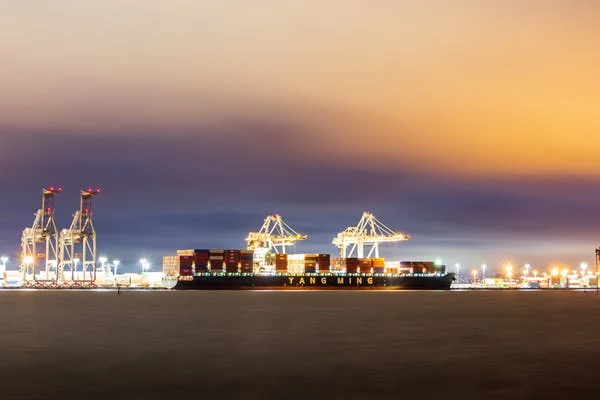What is Transportation Management? What Every Enterprise Should Know– Infographic

Transportation management is a comprehensive discipline concerned with realizing the transportation requirements of an organization. This requires the systematic analysis of an organization’s transportation processes and systems and the identification of the key relationships among these processes and systems.

Transportation management system or TMS is a powerful software application that integrates multiple real-time systems and algorithms that align a business supply chain, logistics process flow, warehouse process modeling, linehaul express shipping, freight capacity planning, and off-loading.
With this software, the speed and efficiency of an organization’s transportation and warehousing activities can be improved through the collective efforts of the transportation and warehousing staff. In fact, real-time transportation and warehousing data can significantly improve the operational productivity of an organization.
A well-designed transportation management system can achieve this by reducing logistical errors, schedule delays, excessive over-crowding in the warehouses and delivery locations, and other factors that hinder the smooth flow of goods and materials. TMS can help in the:
Real-time inventory management – A major advantage of a truck and delivery tracking applications and TMS is that they provide real-time inventory reports of loads carried by vehicles in the system. These reports are used by trucking personnel to assess their routes, forecast their loads based on past performance, and plan for additional routes or route changes that help in optimizing fleet performance. In addition to this, the tracking of loads and other parameters provided by the software, such as route, time value of money, and fuel consumption of the vehicle, can also be useful for controlling costs. An example of the common usage of truck tracking reports is for companies involved in transporting hazardous waste. TMS can also track hazardous material shipments by alerting companies when specific routes or shipments are being used by the shipper, for example, for hazardous drugs.
Real-time information about the land and sea-borne freight – In today’s fast-changing and interconnected world, a company need not wait for shipment or cargo arrival time to evaluate the cargo status. Real-time information about the land and sea-borne freight in the system allows organizations to evaluate their inventories more efficiently. The information includes estimated unloaded weight, destination, and date of shipment, among others. Trucking companies can access and evaluate all this information through real-time tracking systems using GPS-enabled handheld devices.
Visibility and availability of resources – It is no longer enough to rely on paper records to monitor inventory, supply chain, and shipment status. Trucking and Logistics companies need to have access to real-time visibility and availability of personnel, trucks, resources, and vehicles. This is essential, especially during emergencies when supplies and services may be badly needed. TMS can also help minimize the impact of emergencies and other unexpected events on logistics operations and business. Trucking and Logistics companies need to have TMS applications that provide real-time visibility of resources. In addition, the system should allow for flexible scheduling of deliveries, route mapping, reroute management, and other activities.
Excelsior Worldwide Freight Logistics conducts free orientation for those who are willing to learn. It is our advocacy to share our knowledge & experience worth more than a decade in the business. Visit our website today at www.excelsior.ph to learn more about our service.
